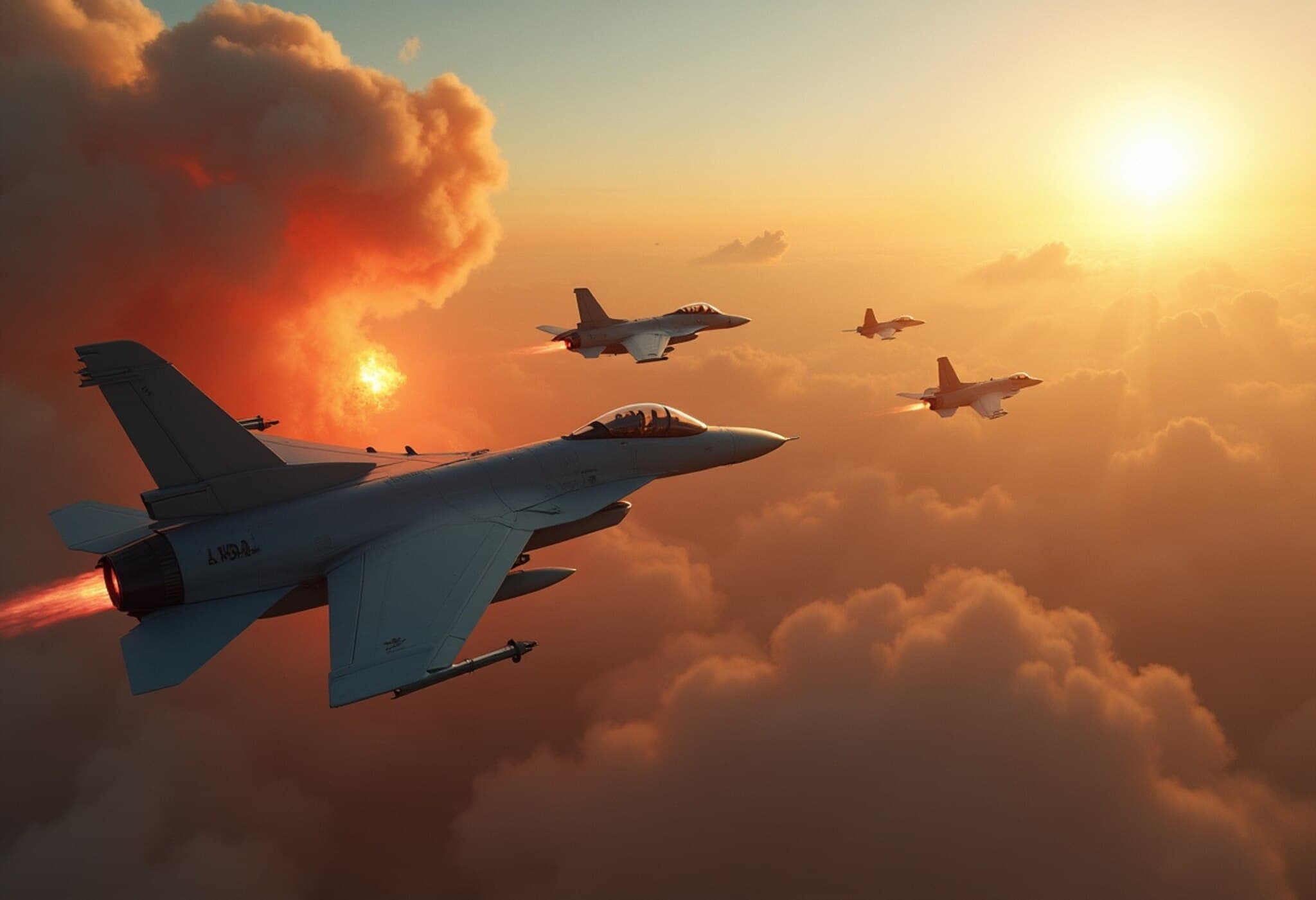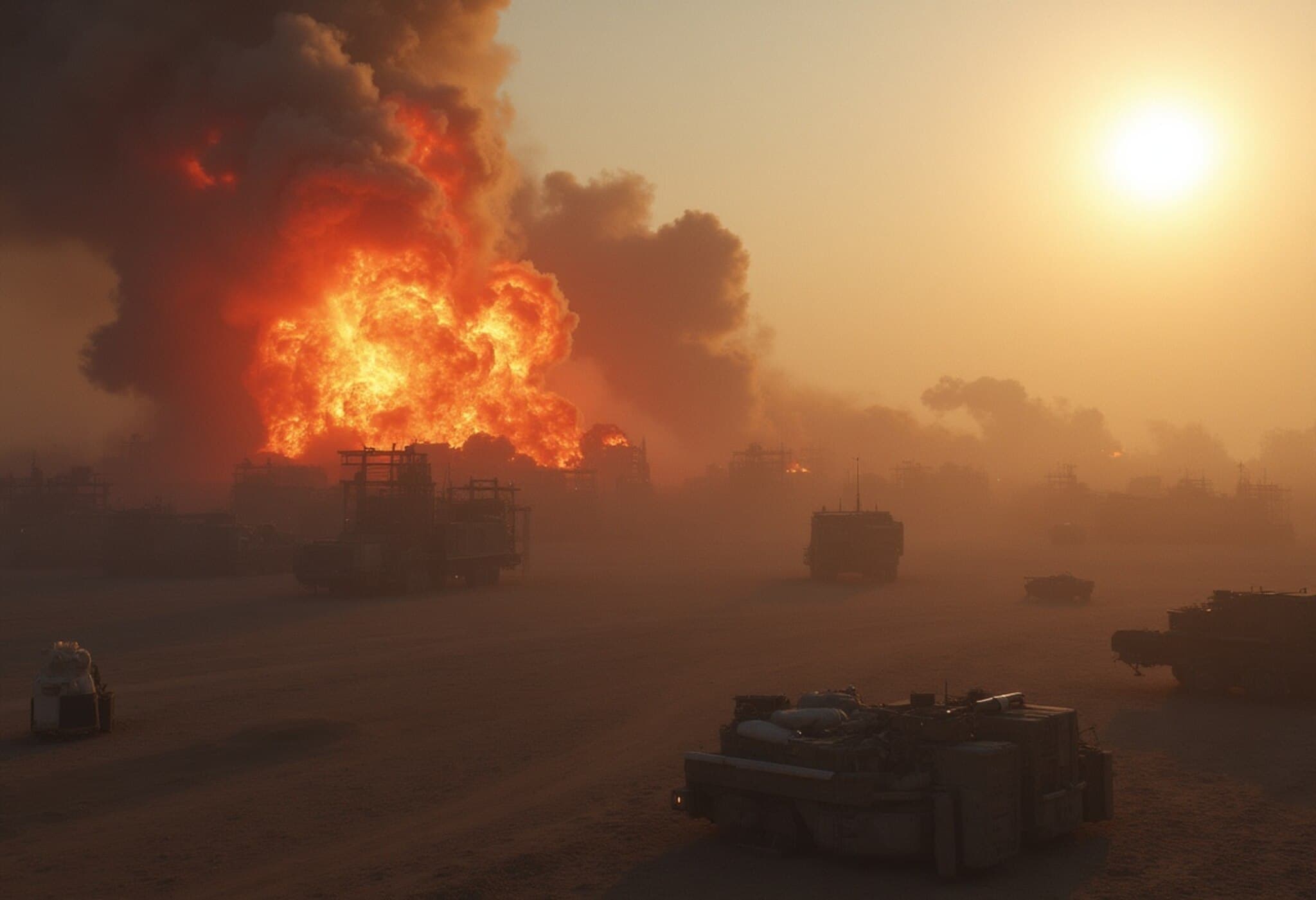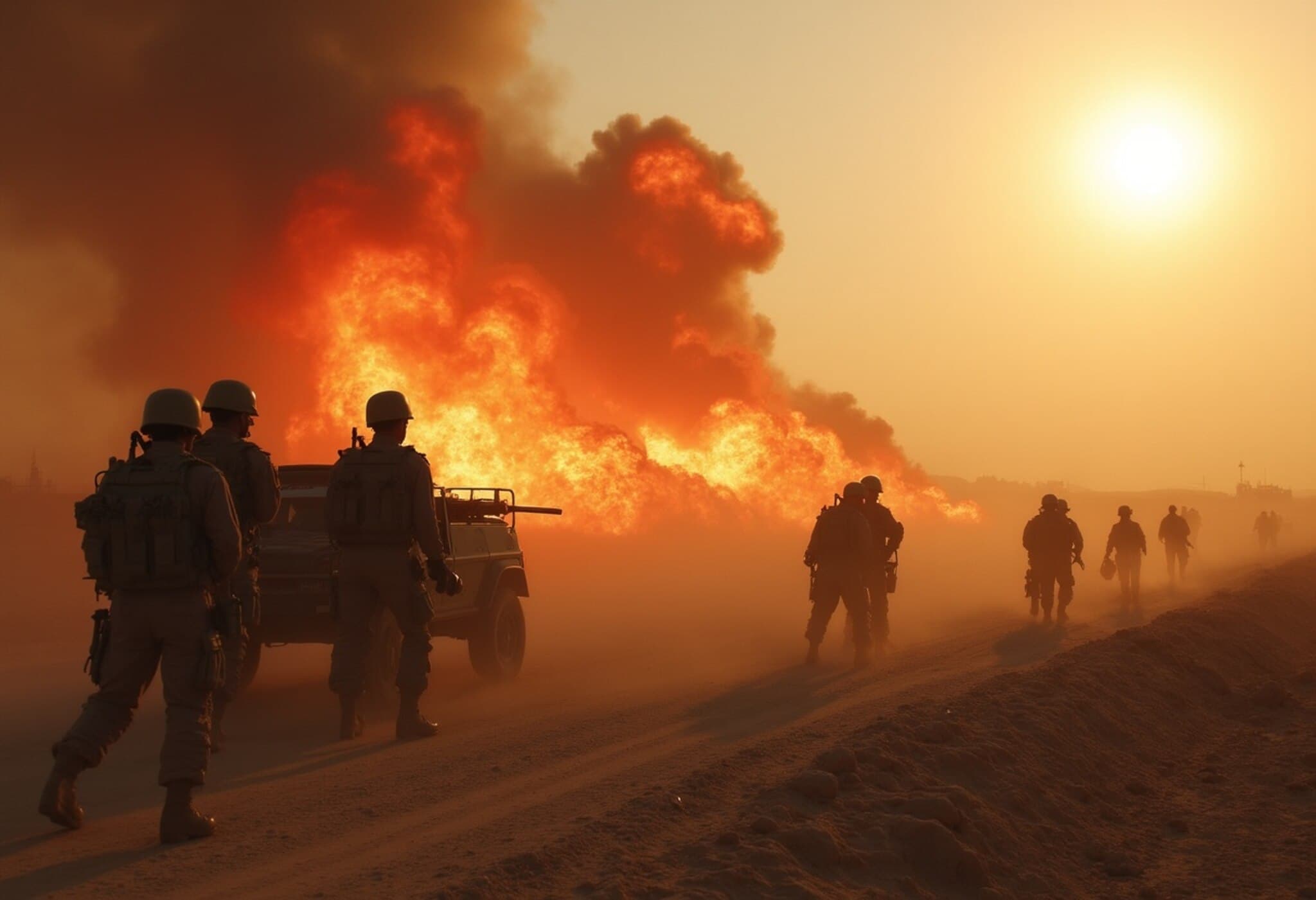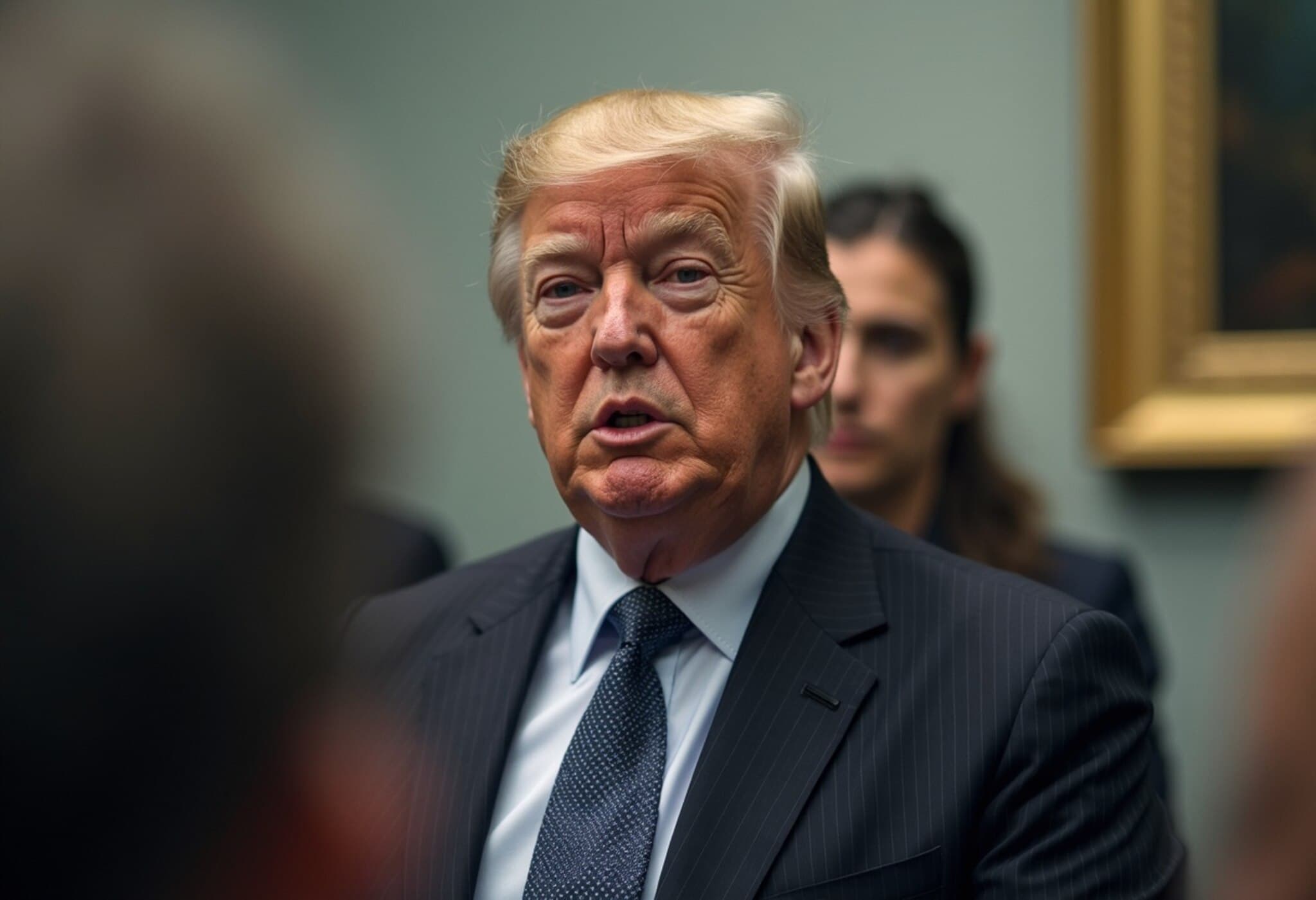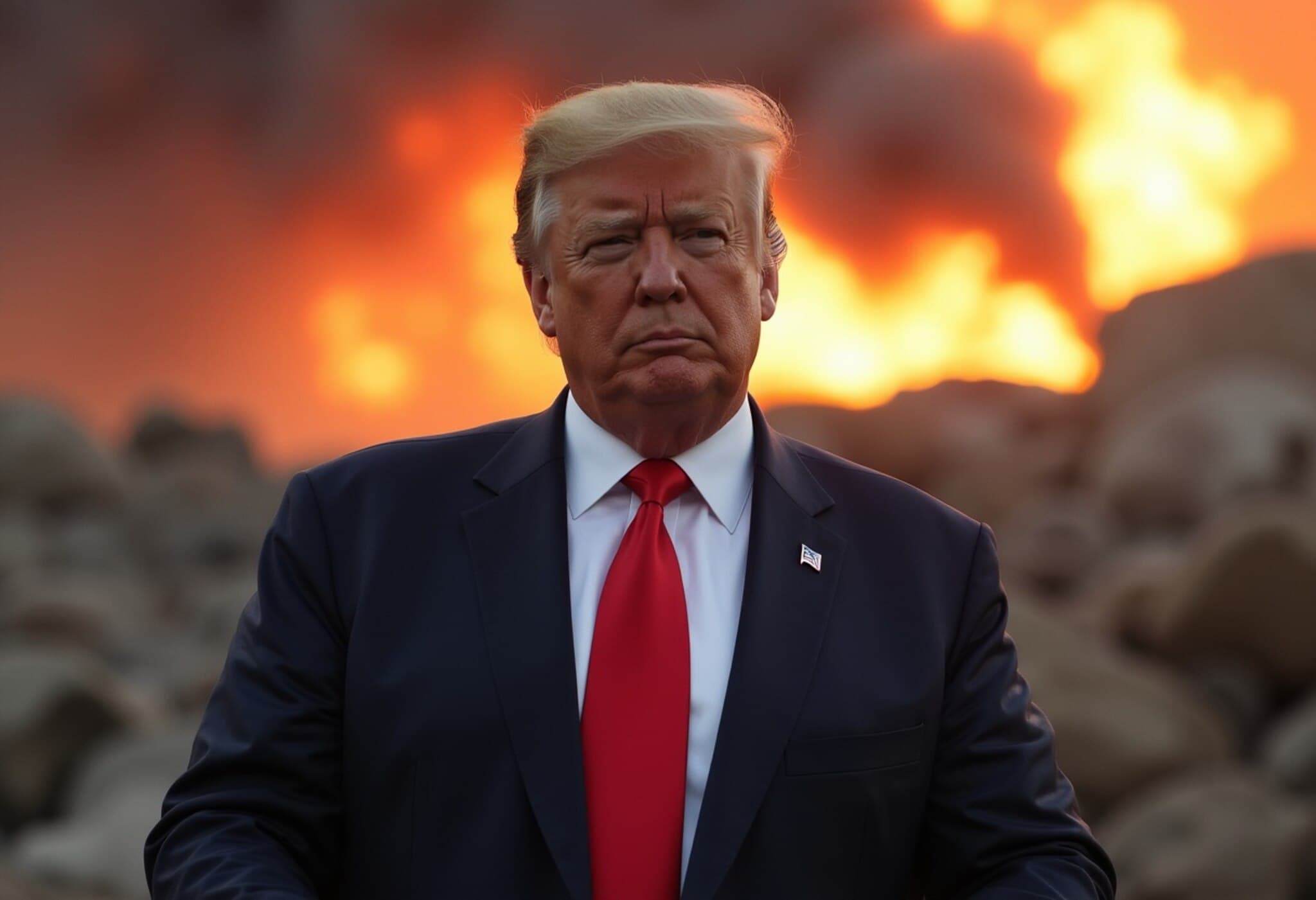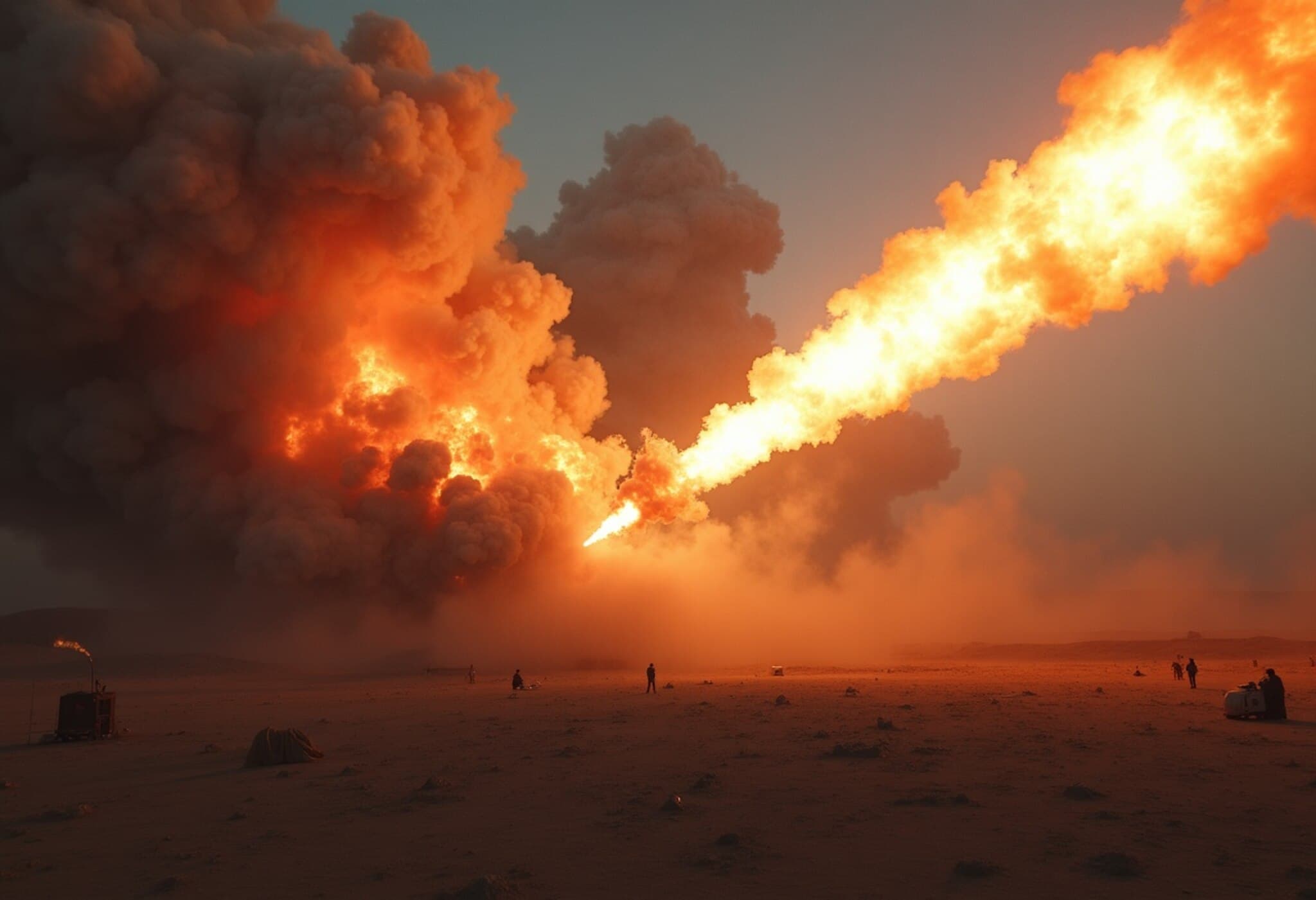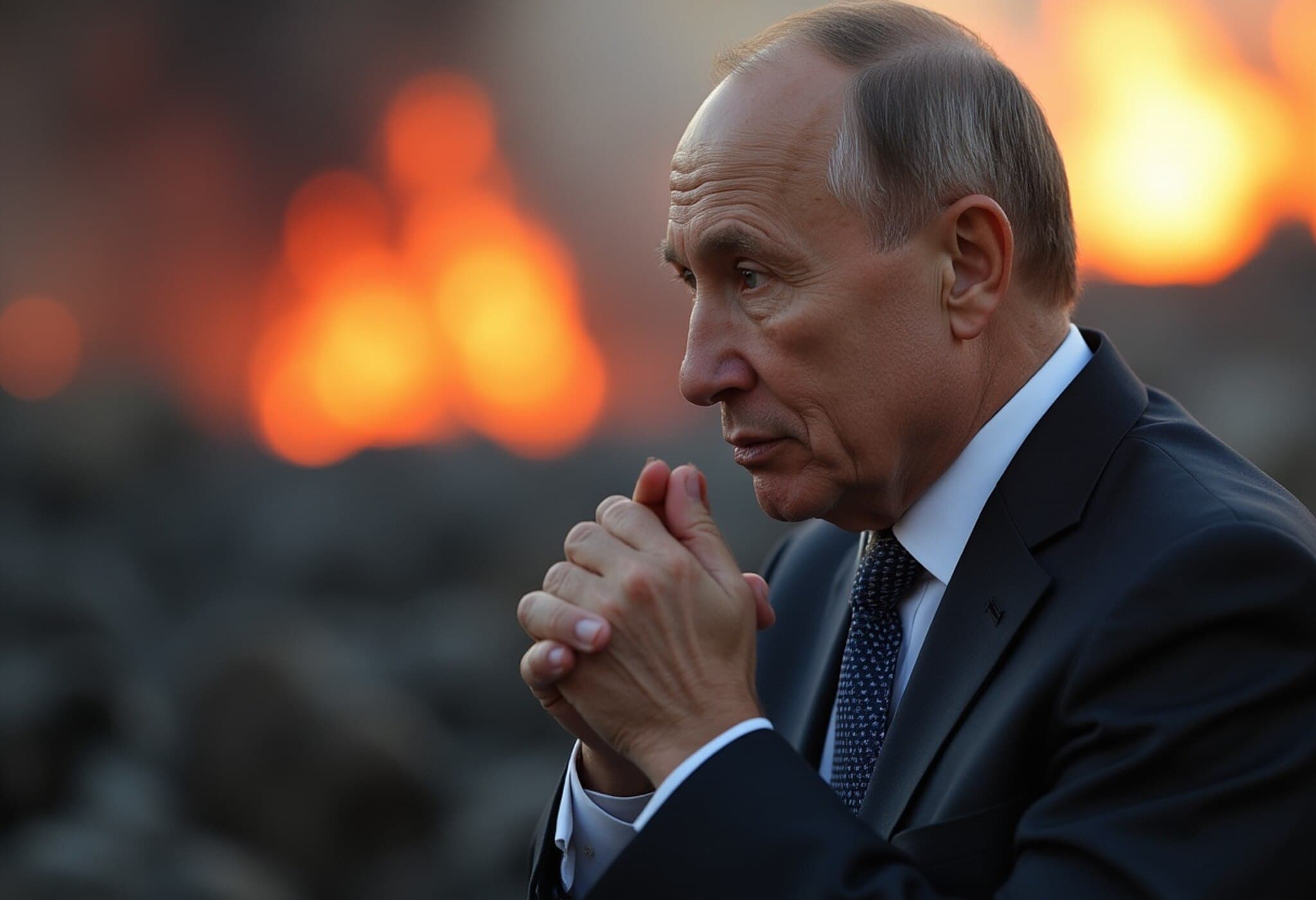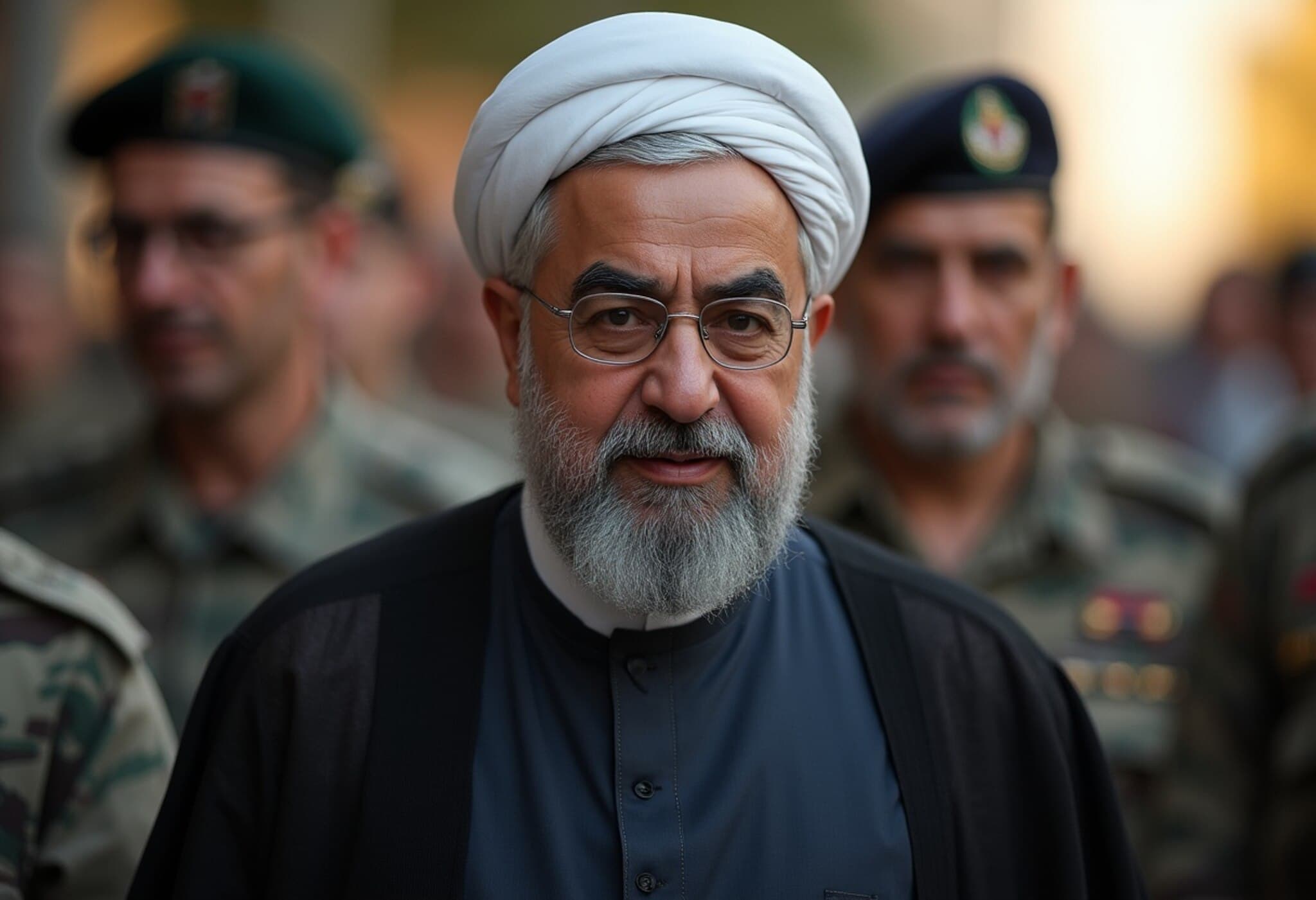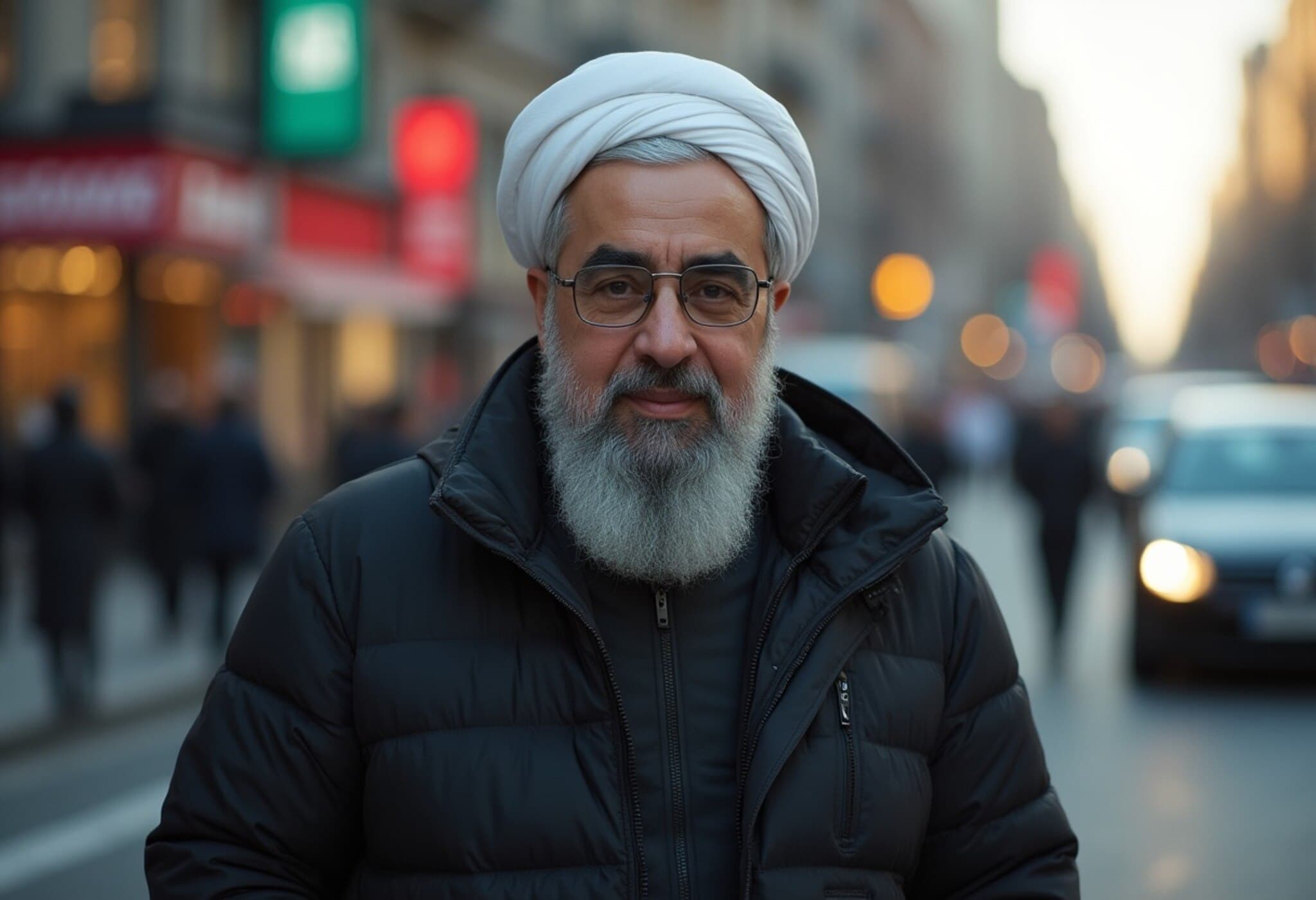Israel Targets Iranian Nuclear and Missile Infrastructure in Extensive Airstrikes
In a bold military operation, the Israeli Defense Forces (IDF) launched an extensive overnight airstrike involving more than 50 fighter jets against Iranian military infrastructure near Tehran. The raid primarily focused on a centrifuge production facility, crucial for Iran’s uranium enrichment program, alongside several missile manufacturing sites.
The IDF described the operation as a significant blow to Iran’s nuclear ambitions, targeting capabilities that could accelerate the development of nuclear weapons.
Centrifuge Production Site: The Heart of Nuclear Enrichment
Centrifuges play an essential role in refining uranium—a process needed for both civilian energy and nuclear weapons. These precision machines spin uranium hexafluoride gas at immense speeds, and any disruptions risk collapsing enrichment cascades.
The raid specifically targeted a centrifuge manufacturing plant, not the operational enrichment facilities themselves. The IDF emphasized that striking this site aims to curtail Iran’s ability to expand uranium enrichment for weaponization purposes.
Current Status of Iran’s Enrichment Facilities
- Natanz Fuel Enrichment Plant (FEP): Approximately 13,500 out of 17,000 centrifuges were operational before the attack. The recent strikes damaged power supplies, effectively halting operations.
- Fordow Facility: Deep underground and largely unscathed, this site produces most of Iran’s uranium enriched to 60%. Recently, it generated around 166.6 kilograms of 60% enriched uranium—enough for nearly four nuclear bombs if further refined.
Escalating Tensions and Human Toll
This airstrike marks one of the most intense military actions in the growing conflict between Israel and Iran, now in its sixth day. So far, the violence has resulted in over 580 fatalities in Iran alone, including a significant number of civilians, according to human rights groups.
Explosions echoed across Tehran in the early hours, sparking panic and prompting many residents to seek shelter. While Iran has not publicly disclosed the full extent of damages, the visible impact has heightened fears of further escalation.
Global Reactions and Leadership Responses
Former US President Donald Trump sharply condemned Iran’s nuclear activities, demanding their “unconditional surrender”. Trump claimed knowledge of Supreme Leader Ayatollah Ali Khamenei’s whereabouts, asserting that while he is currently safe, the US is watching closely.
Trump, cutting short his G7 summit attendance, engaged in continuous consultations with Israeli Prime Minister Benjamin Netanyahu. Despite repositioning American military assets in the region, direct US military intervention has so far been avoided amidst calls for decisive action from some lawmakers.
Iran’s Promise of Retaliation
In response, Iranian military officials have vowed swift retribution. General Abdul Rahim Mousavi, commander of Iran’s army, warned that a punitive operation is imminent.
As missile exchanges continue, most of Iran’s launches toward Israel have been intercepted. Nevertheless, Israeli authorities urge citizens to remain close to shelters given the ongoing threat and the escalating nature of the conflict.
The Stakes Ahead
The strike on Iran’s centrifuge production site represents a strategic attempt to slow nuclear weapons development. However, it also marks a dangerous escalation in a conflict that threatens wider regional destabilization. Both nations remain locked in a tense stand-off, with the risk of further violence and international ramifications on the horizon.

